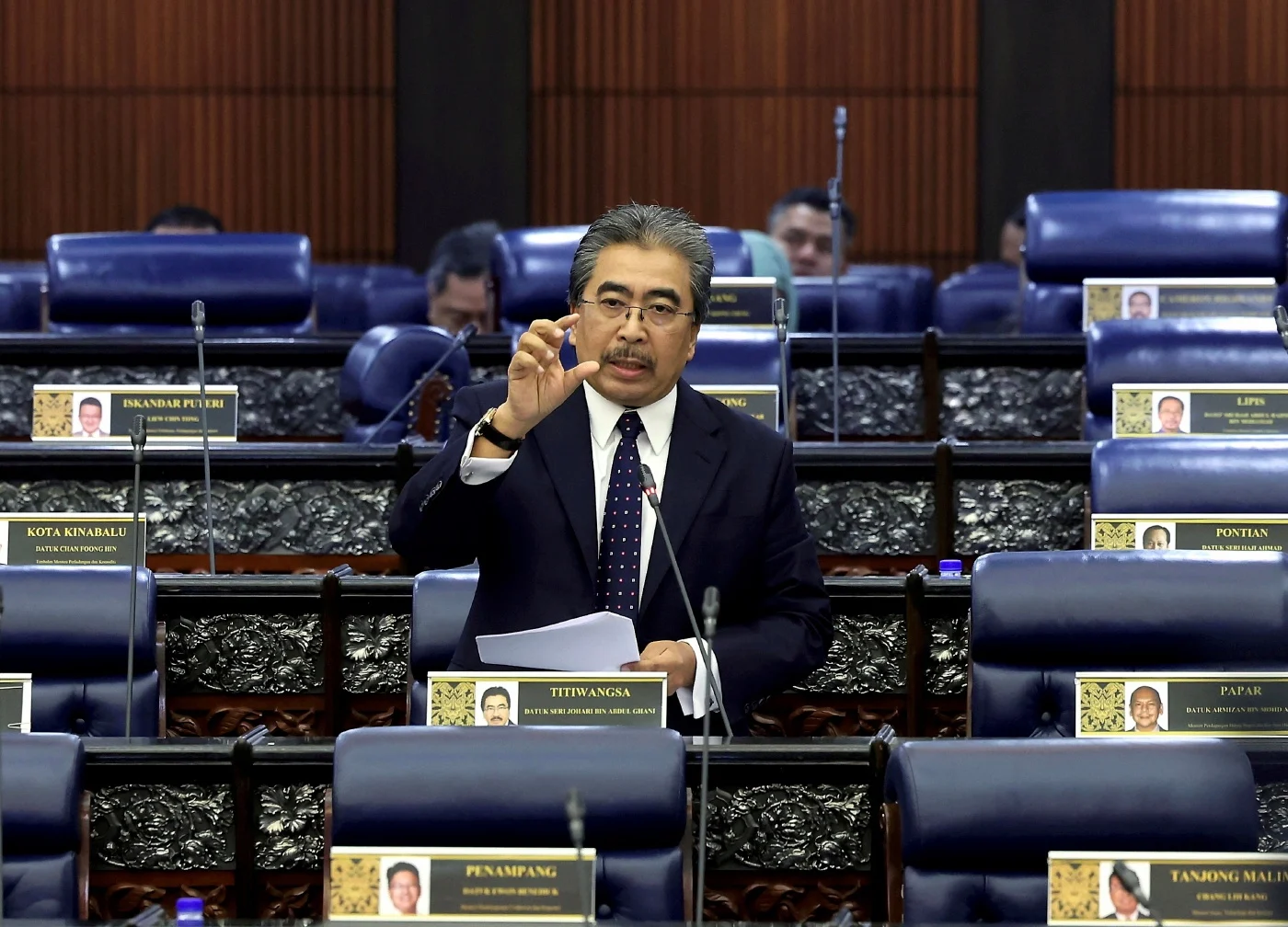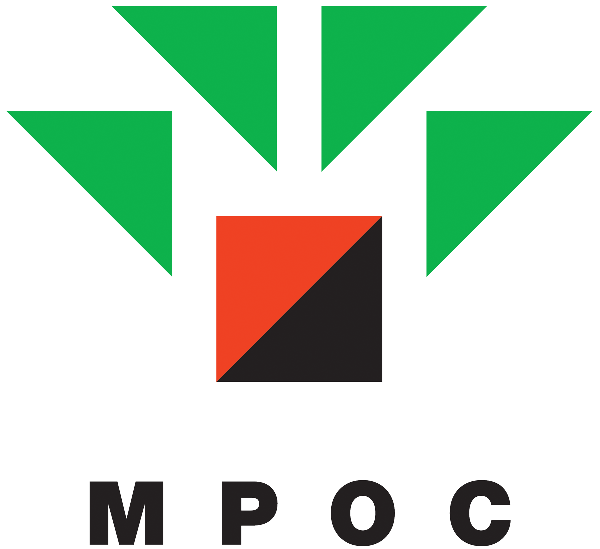
Plantation and Commodities Minister Datuk Seri Johari Abdul Ghani said Putrajaya is seeking to reduce the country’s long-term dependence on CPO exports, which are unsustainable in the long run. – BERNAMA PIC
KUALA LUMPUR: Sabah, Malaysia’s largest crude palm oil (CPO) producer, generated 4.27 million tonnes of the commodity last year from plantations covering 1.48 million hectares.
However, Plantation and Commodities Minister Datuk Seri Johari Abdul Ghani said Putrajaya is seeking to reduce the country’s long-term dependence on CPO exports, which are unsustainable in the long run.
“Various strategies have been formulated and implemented to expand and diversify the value-added segment of the palm oil industry, including in Sabah.
“This approach not only aims to lessen reliance on CPO exports but also to create more quality employment opportunities for the local population,” he said.
Sabah’s production accounts for 22.1 per cent of the nation’s total CPO output and 26.43 per cent of Malaysia’s total oil palm cultivation area. The state also has 129 palm oil mills operating across its territory.
In response to a question from Datuk Suhaimi Nasir (BN–Libaran), Johari said the government will strengthen the downstream palm oil industry in Sabah, particularly in biodiesel production, to enhance the value of the nation’s agri-commodity sector.
“Currently, there are three licensed biodiesel plants operating in Sabah — Genting Biorefinery Sdn Bhd, SPC Biodiesel Sdn Bhd and Green Edible Oil Sdn Bhd — with a combined production capacity of 400,000 tonnes of biodiesel per year,” he said.
The state’s palm-based biodiesel industry has also created about 160 job opportunities for local residents through the establishment of these three plants.
Source: New Straits Times





